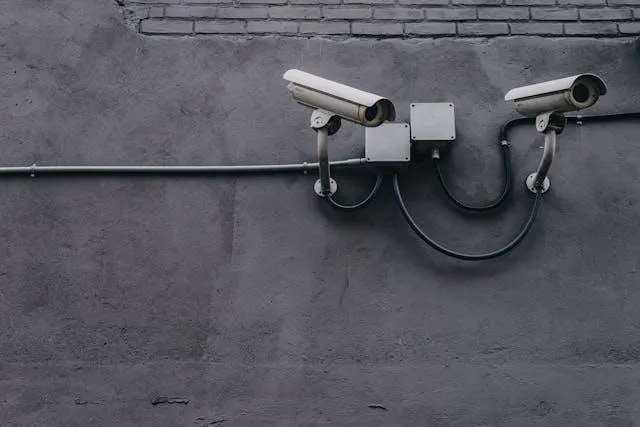Use these 10 steps for a safer and more secure home in 2025

Your home safety is paramount. Make plans to protect your property and family in 2025.
Image: Pexels
Another year is almost over. December is the month to unwind, rest, and refresh.
So, you should reflect on the past year and plan for the new year to improve yourself.
"This is the perfect chance to think of all the ways in which you go about your daily business. These New Year's resolutions should include ways to live safer and more secure," said Charnel Hattingh, the group head of communications and marketing at Fidelity ADT.
Hattingh suggested 10 simple procedures when setting up your security New Year's resolutions:
Join a suburb WhatsApp group
Stay informed about local developments and receive emergency assistance with this simple tool. These organisations include all local security firms and CPF members, allowing for swift response to any suspicious behaviour or emergency.
Get to know your neighbours
Residents' contact is the first step towards safer suburbs. Your neighbours may monitor your property while you are gone or at work, and vice versa. Knowing your daily patterns allows them to readily detect any unusual activity.
Invest in more outdoor security systems
Effective home security begins with a secure perimeter and extends to the whole property, including gardens, leisure spaces, and sheds.
Electric fence, outside beams, CCTV, and sensor lights are effective deterrents.
Be more vigilant
Discuss with your family the importance of leaving and getting home safely, securing doors and security gates, being careful of strangers, and knowing what to do in an emergency.
Everyone should know how to swiftly contact their security provider and police by phone, alarm system, and panic buttons.
Have a security assessment done
A security specialist can advise you on the best security solution for your lifestyle and living space. Technology has advanced to enhance modern living, prevent crime, and provide timely assistance. Previously pricey options are now affordable.
Learn basic self-defence
Enrol in a self-defence class to gain confidence and learn effective strategies to protect yourself in harmful circumstances.
Practice safe driving
Maintain safe driving habits by avoiding distractions, adhering to speed limits, and never driving while intoxicated.
Create an emergency plan
Create and practise an emergency plan with your family, including escape routes and meeting locations in case of fire, natural catastrophe, or other situations.
Make sure you have a fully filled first aid kit at home, in your car, and at work. Learn basic first-aid and CPR.
Stay physically fit
Regular exercise may enhance your health and prepare you for physical obstacles or crises.
Limit sharing personal information online
Use caution when sharing personal information on social media and other online platforms to safeguard your privacy and prevent identity theft.
IOL